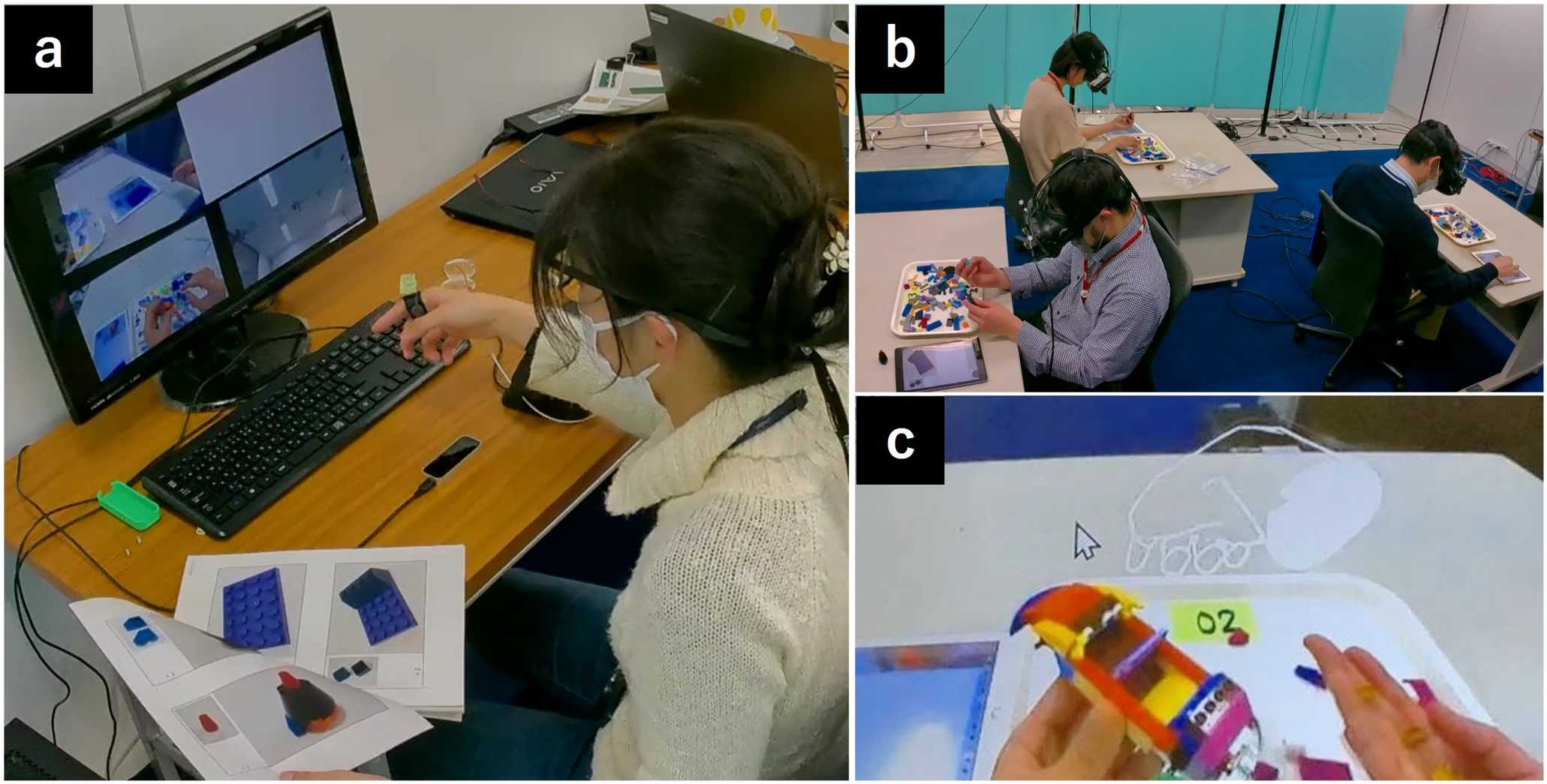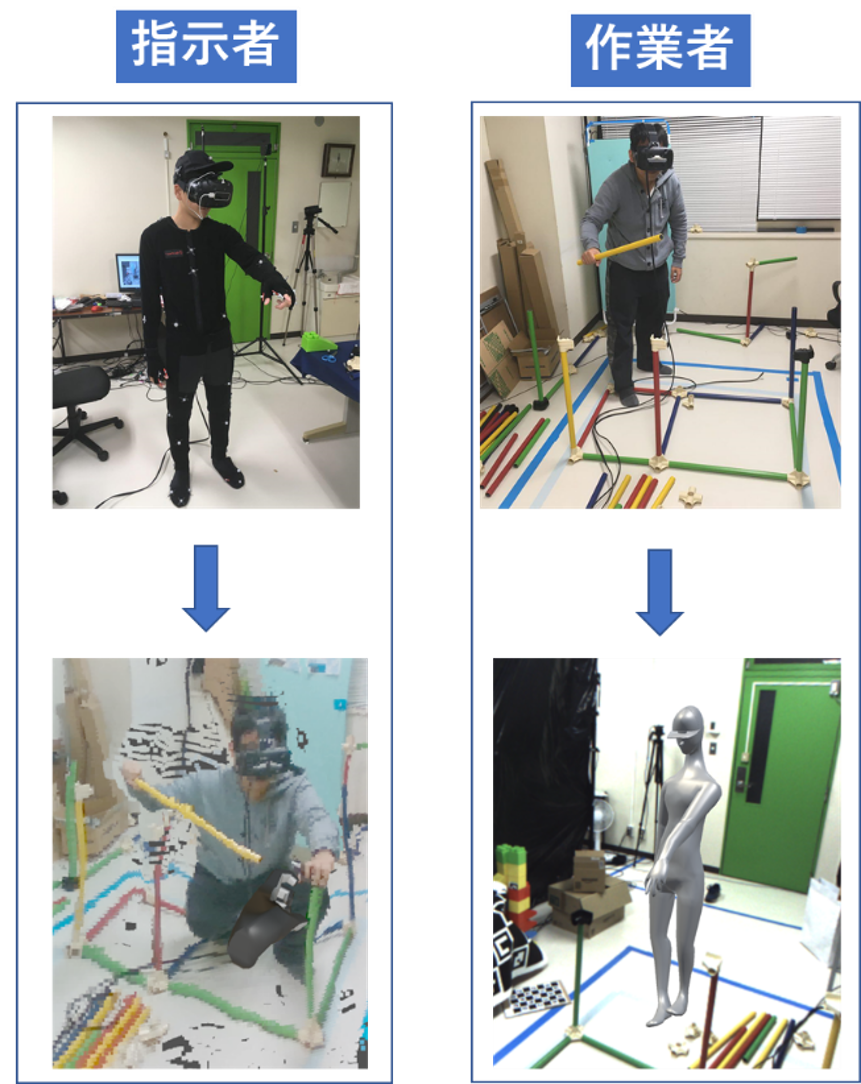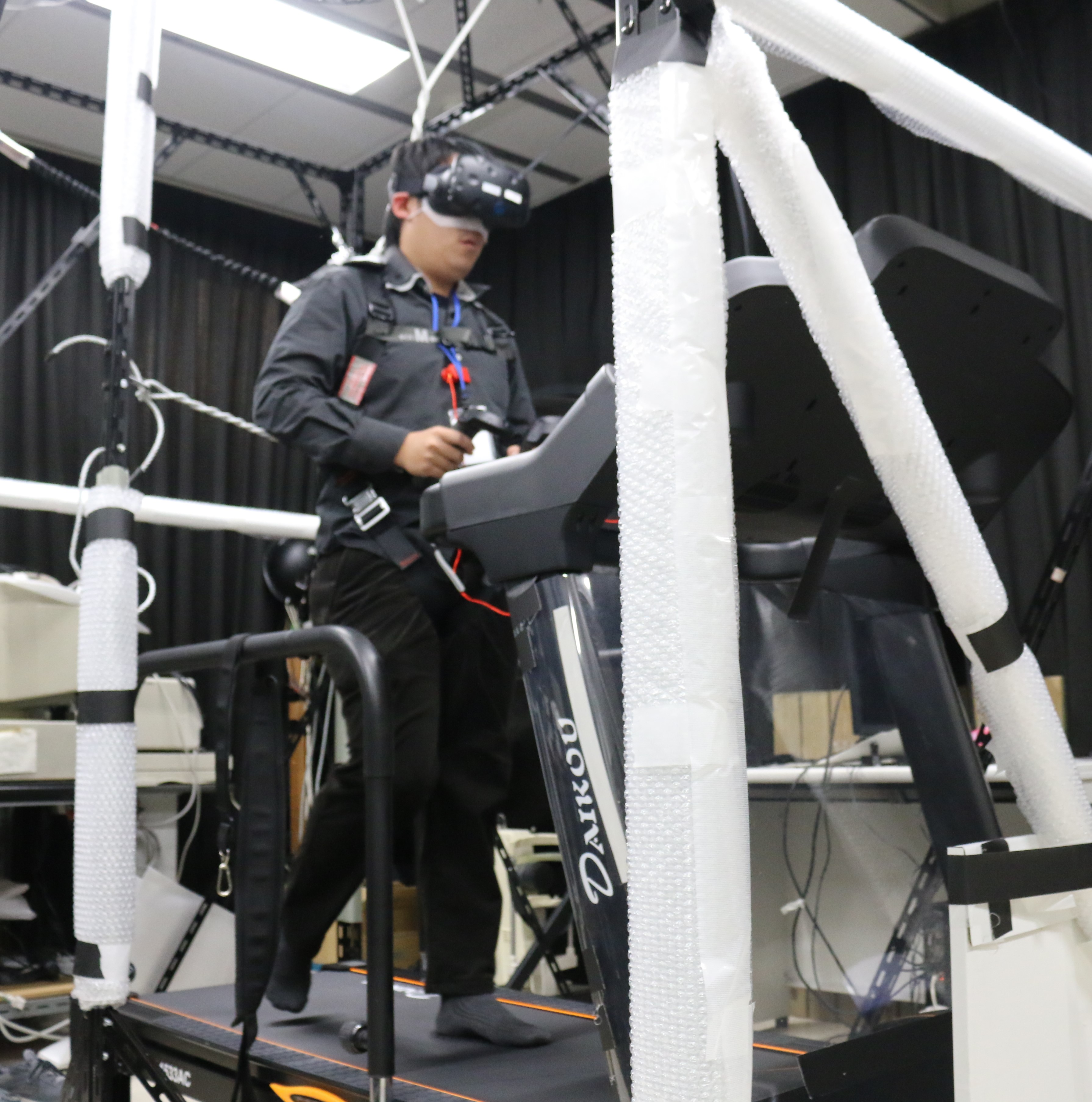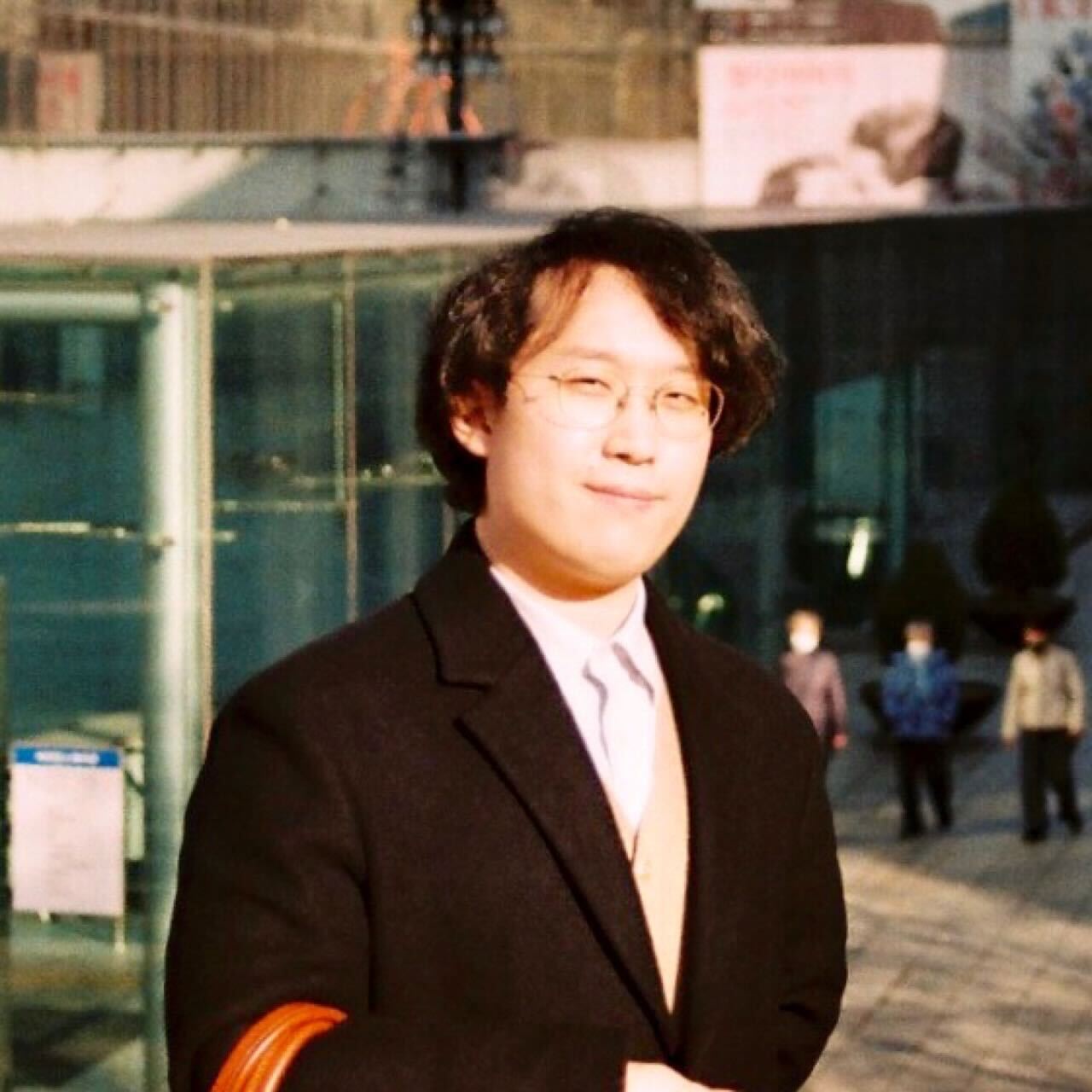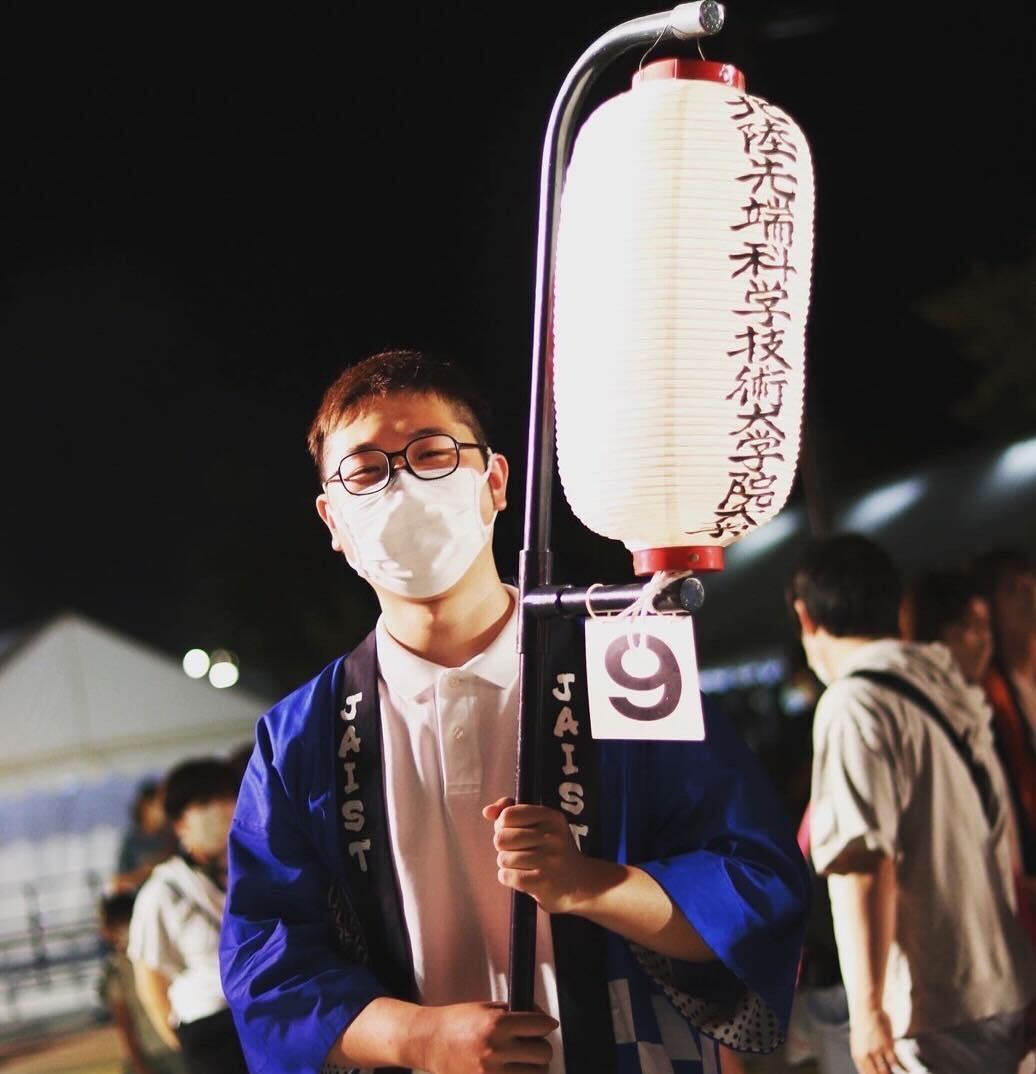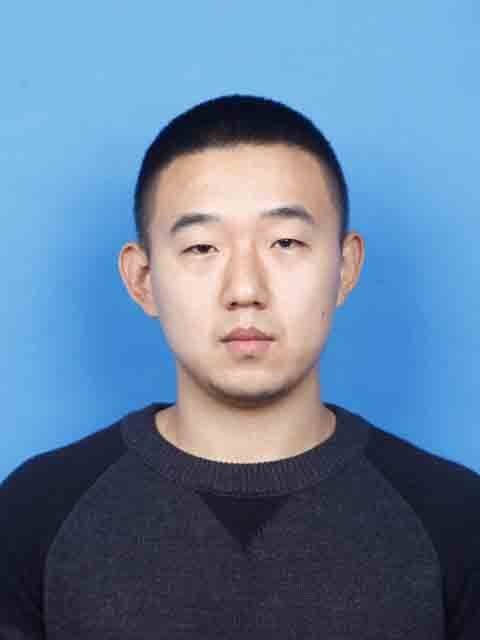CETチームは,通年博士前期課程または博士後期課程の学生を募集しています。
研究期間中,学生は,毎週チームの輪読会・ミーティングに参加し,国際会議・国際ジャーナルの論文をサーベイ・精読して,学術的に意義のある研究プロジェクトを計画・実施することが求められています。
博士前期課程レベルのプロジェクトでは,目安として2つの課題(下記を参照)を実施することが求められ,国際会議への投稿が強く推奨されます。
一方,博士後期課程では,目安として3,4つの課題と,一流な国際会議・国際ジャーナルへの投稿・受理実績が要求されます。
研究の種類によって,博士前期課程の研究スケジュールが異なるため,主に「人を理解する」タイプの研究と「人を拡張する」タイプに分けます。
前者は二つの実験が含まれる一方,後者はシステムの開発と評価実験が含まれます。
以下はそれぞれの博士前期課程学生の理想的な研究スケジュールの例です。また,博士後期課程の場合,テーマによって大分変わりますので,ここに挙げません。
「人を理解する」タイプ
M1前期:論文サーベイ・精読,研究テーマの決定
M1後期:課題1の実験計画,システムの開発,課題1の実験実施
M2前期:課題1の結果分析・考察,課題2の計画,システムの開発
M2後期:課題2の実験実施・結果分析・考察,修士論文執筆
「人を拡張する」タイプ
M1前期:論文サーベイ・精読,研究テーマの決定
M1後期:システムの提案・デザイン・試作・開発
M2前期:評価実験計画・実施・結果分析
M2後期:システムの改良,少人数評価実験,修士論文執筆
CETチームへの参加を希望して,すでにこのチームに関連する具体的な研究テーマをお持ちの方は,履歴書,シンプルな研究計画書(1-2ページで結構)及び入学スケジュールを準備して,ご連絡ください。
一方,もし具体的な研究テーマがないが,上記の研究テーマに興味を持っている方は,こちらが可能なテーマ候補を提示する方法もあるため,どのテーマに興味を持つかについての情報を考えて,お気軽に相談ください。
連絡先: tywang[at mark]jaist.ac.jp ([at mark]を@に置き換えてください)
Cyberpsychology & Emerging Technologies Team always welcome new master students and Ph.D. students.
In our team, every student has to attend a group meeting every week. The students are required to read lots of top international conference and journal papers and plan/conduct meaningful research.
For a master student's research project, it often contain two studies, and master students are encouraged to submit their work to international conferences.
For a Ph.D student, they usually have to conduct 3 or 4 studies, and they are required to publish their work in top international conference or journal.
Research schedule of master students varies according to the type of research, but it mostly can be categorized to "Understanding People" and "Augmenting People".
The former one often includes two experiments, and the latter one often includes system development and evaluation.
Following shows two typical types of research schedule for the two research types. Note that the research schedule changes a lot according to different Ph.D students, so there is no typical research schedule for Ph.D students.
"Understanding People"
M1 Spring:Literature Review,Deciding Research Topic
M1 Fall:Study1 Experimental Design, System Development, and Conducting the Experiment
M2 Spring:Study1 Data Analysis and Discussion, Study 2 Experimental Design and System Development
M2 Fall:Study2 Data Analysis and Discussion and Writing Master Thesis
"Augmenting People"
M1 Spring:Literature Review,Deciding Research Topic
M1 Fall:Proposed System Design and Implementation
M2 Spring:Evaluation Experiment Design, Conducting, and Data Analysis
M2 Fall:Proposed System Improvement and Writing Master Thesis
If you are interested in joining the CET team and already have a specific research theme relevant to this team, please contact us with your CV, a simple research proposal (1-2 pages is fine), and your admission schedule.
On the other hand, if you do not have a specific research theme but are interested in one of the above-mentioned research topics, please feel free to contact us with some information about which topics interest you, as we can provide you with possible candidates.
mail: tywang[at mark]jaist.ac.jp (Please replace [at mark] with @)
